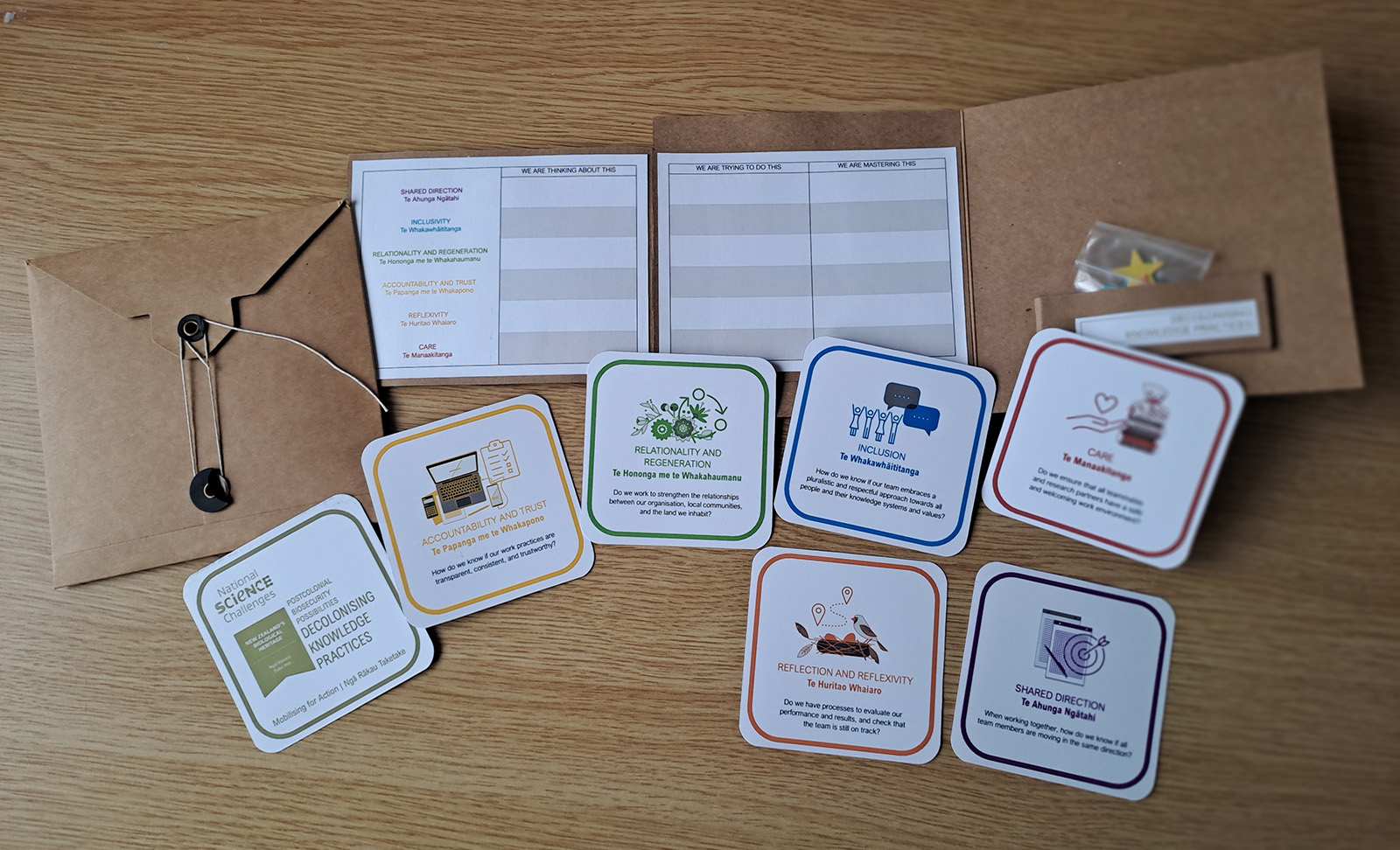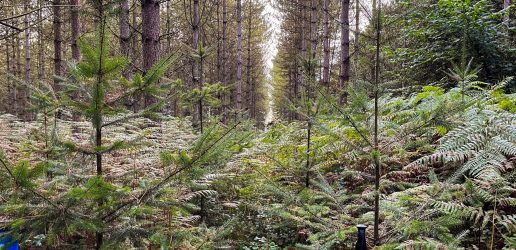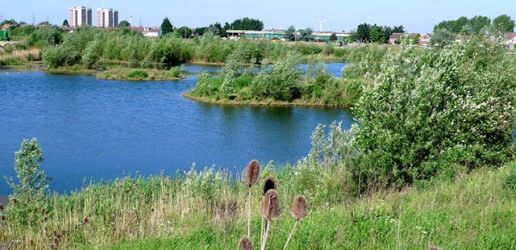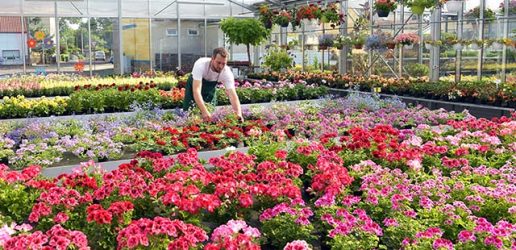Successful biodiversity protection and actions require more inclusive practices that engage a diverse range of stakeholders, including local communities, according to recent research published in People and Nature.
The international project which involved collaboration between researchers in Aotearoa, New Zealand and the UK, including a social scientist from Forest Research, focused on efforts to improve inclusivity in biosecurity practices by exploring how to integrate different knowledge systems into mainstream decision-making.
The project looked at how by working with Māori, diverse perspectives can be ethically and responsibly incorporated into biosecurity research and practice.
Current knowledge rooted in Western scientific traditions continues to work in silos, despite recognition that Māori can contribute valuable insights and interests to the practice of biosecurity and tree care. The research investigated how to incorporate both Māori perspectives and social science approaches to challenge existing frameworks. Through action-oriented research including interviews and co-analysis with biosecurity professionals and Māori researchers, the project identified challenges and opportunities for integrating diverse knowledge systems.
Liz O’Brien, Principal Social Scientist at Forest Research said: “Biosecurity precautions are vital in preventing the introduction and spread of harmful organisms. With trees under increasing pressure from pests and pathogens, this action research highlights the importance of reflection in reframing biosecurity practices to foster equitable decision-making”. Forest Research worked closely with researchers at Cardiff University in adapting and utilising a toolkit to inform wider understanding of biosecurity science.
Reflective Toolkit
Using the findings from the project, the team has developed a free, easy to use toolkit, designed to support practitioners and policymakers with diverse cultural, disciplinary and professional backgrounds to work together more effectively. The toolkit is a set of cards to spark inclusive discussions, priority setting and provides examples of each of the six dimensions of practice for stakeholders to discuss and reflect on, supporting critical thinking and collective self-assessment.
The six dimensions indicative of good practice include:
- Developing a shared direction
- Being inclusive by seeking a range of perspectives
- Acknowledging relationality and regeneration
- Being accountable and developing trust
- Focusing on care through the ways we work
- Critically reflecting on how existing preferences, assumptions shape practices

Further information
The toolkit can be downloaded from Postcolonial Biosecurity Possibilities along with a range of other resources including academic papers, story maps and presentations.
The project was part of the Aotearoa Mobilising for Action programme of the Biological Heritage National Science Challenge Ngā Rākau Taketake programme and was called Postcolonial Biosecurity Possibilities.
Read the People and Nature paper in full: Decolonising knowledge practices in biosecurity: developing a reflective toolkit for more inclusive, equitable, and respectful practice.
Recent News
View All news
Underplanting extends range of coniferous tree species to diversify future commercial timber production
New Forest Research published in Forest Ecology and Management shows that underplanting could widen the range of conifers suitable for future UK timber production.

New land regeneration resources for creating green spaces on previously used land now available
The new resources bring together the latest learnings on land regeneration and climate change, and optimal soil thickness for planting on previously used land.

New national survey launched to strengthen plant pest and disease detection across UK horticulture
UK horticulture and landscaping businesses invited to take part in survey to strengthen non-native plant pest and disease detection and reporting.

Underplanting extends range of coniferous tree species to diversify future commercial timber production
New Forest Research published in Forest Ecology and Management shows that underplanting could widen the range of conifers suitable for future UK timber production.

New land regeneration resources for creating green spaces on previously used land now available
The new resources bring together the latest learnings on land regeneration and climate change, and optimal soil thickness for planting on previously used land.

New national survey launched to strengthen plant pest and disease detection across UK horticulture
UK horticulture and landscaping businesses invited to take part in survey to strengthen non-native plant pest and disease detection and reporting.
